detail profile antoine vitez
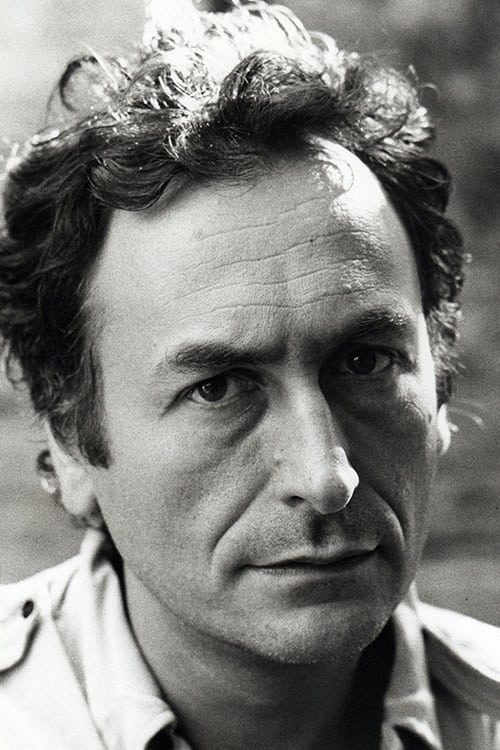
Riwayat Hidup
Antoine Vitez (December 20, 1930–April 30, 1990) was a French actor, director, and poet.
He was born in Paris, France and became an actor at the age of 19.
He was director of the Théâtre national de Chaillot for seven years before being named to head the Comedie Francaise, a French theater company.
Description above from the Wikipedia article Antoine Vitez, licensed under CC-BY-SA, full list of contributors on Wikipedia.
Info Pribadi
Peran Yang Di Mainkan Antoine Vitez
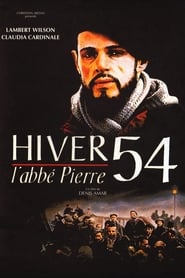 Postwar France was slow to recover...
Postwar France was slow to recover...Hiver 54, l'abbé Pierre 1989
Postwar France was slow to recover from the after-effects of the World War Two. The economy was doing poorly, and many people were poor and homeless, sleeping under bridges, etc. The winter of 1953-54 proved particularly difficult for these people, as it was one of the coldest on record. Father Pierre (Lambert Wilson), a parish priest, on seeing the suffering of these people (and their frequent death from the cold), was moved to write the French government seeking help for them. When his letter, which was published in the newspapers, succeeded in rousing overwhelming popular support for helping the homeless, he was able to form a charitable group (still active today) titled "Les Chiffoniers d'Emmaus," or "The Ragpickers of Emmaus" to channel help to them. This biographical film tells the true story of Abbe Pierre's successful efforts in those years.
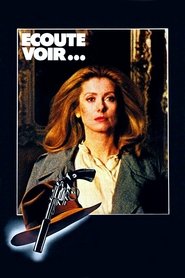 Young aristocrat Arnaud de Maule hires...
Young aristocrat Arnaud de Maule hires...See Here My Love 1979
Young aristocrat Arnaud de Maule hires female private detective Claude Alphand to investigate a strange cult, the Church of the Final Revival, that tried to recruit his girlfriend Chloé, who then disappeared, and it now stalks him.
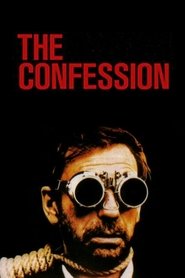 The viceminister of Foreign Affairs of...
The viceminister of Foreign Affairs of...The Confession 1970
The vice-minister of Foreign Affairs of Czechoslovakia, knowing he's being watched and followed, is one day arrested and put into solitary confinement.
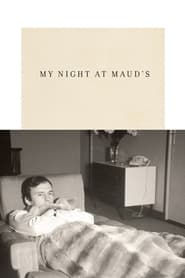 The Catholic JeanLouis runs into an...
The Catholic JeanLouis runs into an...My Night at Maud's 1969
The Catholic Jean-Louis runs into an old friend, the Marxist Vidal, in Clermont-Ferrand around Christmas. Vidal introduces Jean-Louis to the modestly libertine, recently divorced Maud and the three engage in conversation on religion, atheism, love, morality and Blaise Pascal's life and writings on philosophy, faith and mathematics. Jean-Louis ends up spending a night at Maud's. Jean-Louis' Catholic views on marriage, fidelity and obligation make his situation a dilemma, as he has already, at the very beginning of the film, proclaimed his love for a young woman whom, however, he has never yet spoken to.
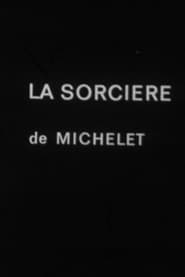 The film traces the history of...
The film traces the history of...La Sorcière de Michelet 1969
The film traces the history of witchcraft through Michelet's text, paintings, engravings, and film clips by Carl Th. Dreyer and Ingmar Bergman.
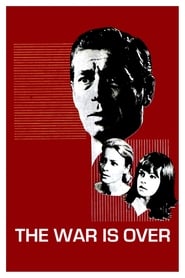 Diego is one of the chiefs...
Diego is one of the chiefs...The War Is Over 1966
Diego is one of the chiefs of the Spanish Communist Party. On his way from Madrid to Paris, he is arrested at the border for an ID check but manages to get free. When he arrives in Paris, he starts searching for one of his comrades to prevent him from going to Madrid where he could be arrested.
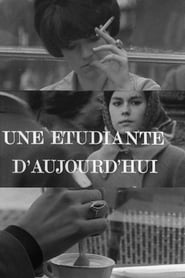 Eric Rohmer directs this short documentary...
Eric Rohmer directs this short documentary...A Modern Coed 1966
Eric Rohmer directs this short documentary that narrates the presence of women in French universities as of the time of its release -- 1966. During the film's short run, the narrator continues to point out that during the advent of World War II, only 21,000 women attended college and made only a 30 % of the student body, a number that by the 1964-1965 school year had passed the 120,000 mark. Instead of opting to live according to what was expected of them, now they were joining the work force, trading in aprons for lab jackets and becoming professionals even after getting married.
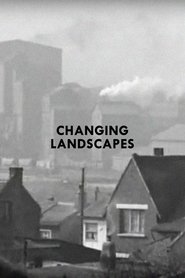 A sophisticated and beautifully constructed account...
A sophisticated and beautifully constructed account...Changing Landscapes 1964
A sophisticated and beautifully constructed account of landscape change in and around Paris in the early 1960s. The film raises complex issues about the meaning and experience of modern landscapes and the enigmatic characteristics of features such as canals, pylons and deserted factories. Rohmer also explores the role of landscape within different traditions of modern art and design and refers to specific architects, artists and engineers.
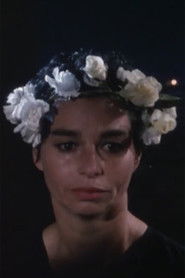 Miseenscne of the classic tragedy of...
Miseenscne of the classic tragedy of...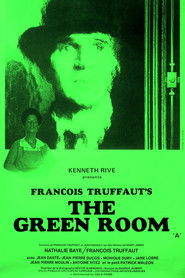 A WWI veteran decides to build...
A WWI veteran decides to build... A staging of Paul Claudels play...
A staging of Paul Claudels play...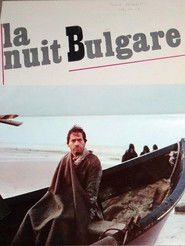 A youngish sales employee of a...
A youngish sales employee of a...